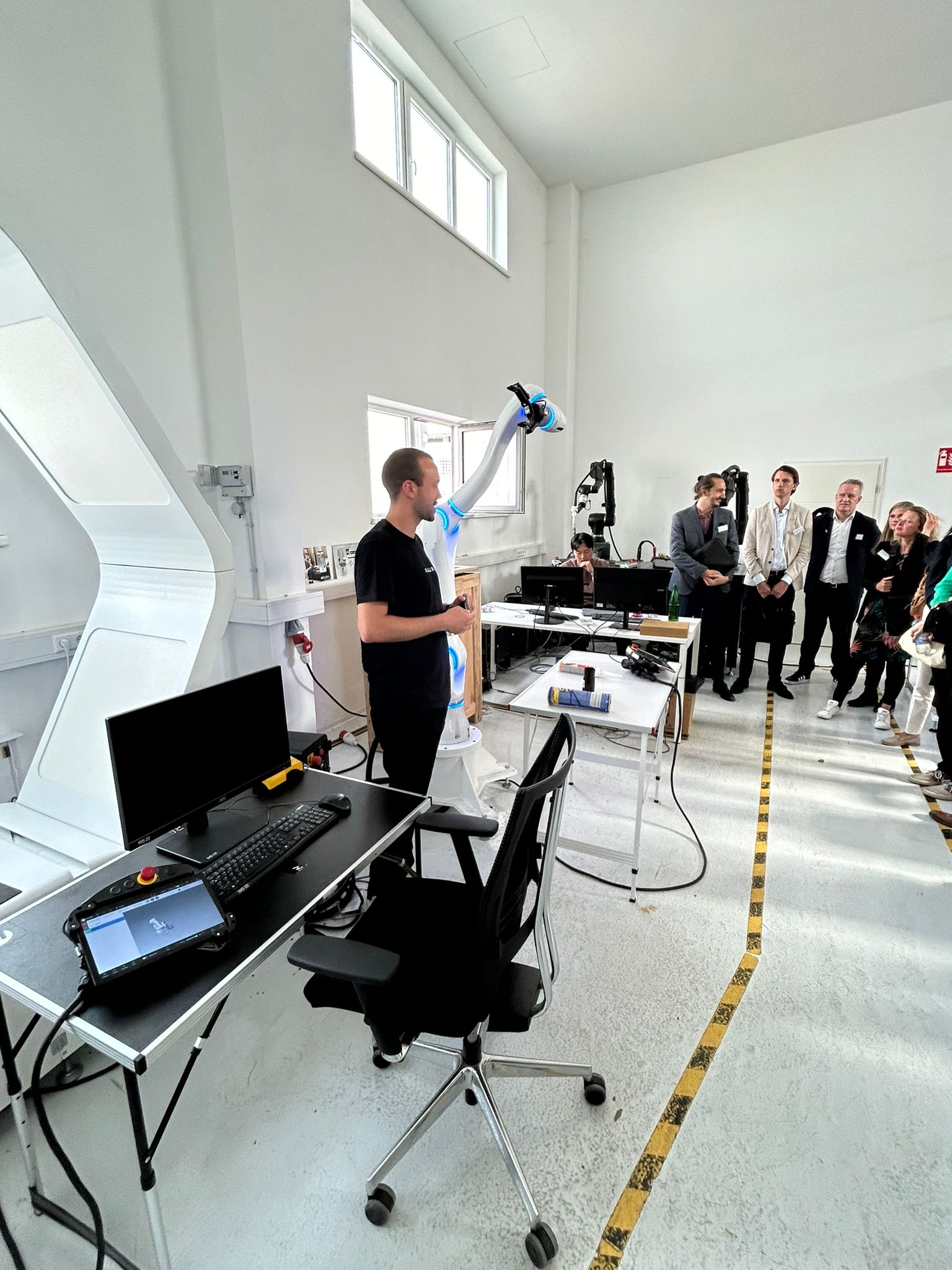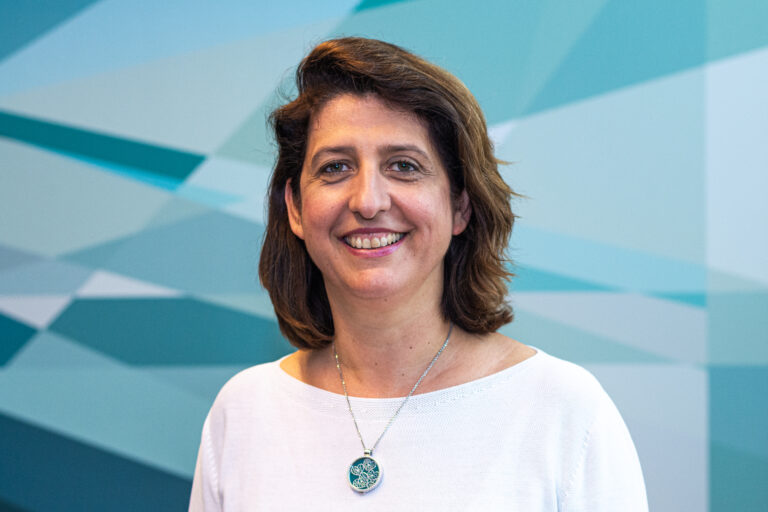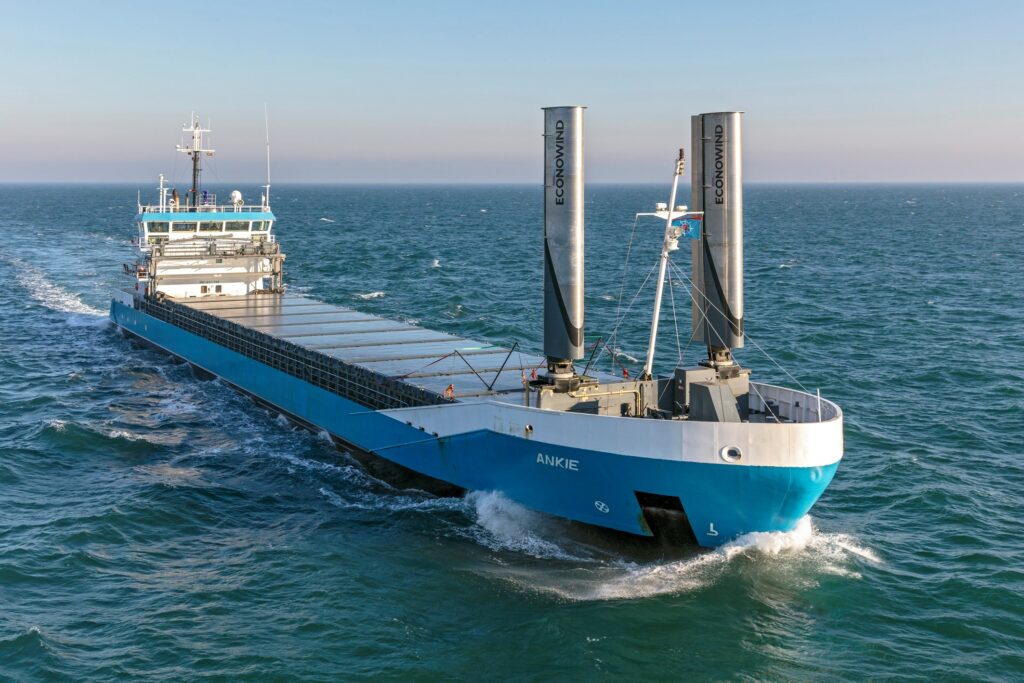“So far, we have mainly seen economic motives from the players that used AI technology,” says Maarten de Rijke, professor of Artificial Intelligence and Information Retrieval at the University of Amsterdam (as well as programme leader of ROBUST). “Or when it was about a socially desired use of AI, the emphasis was often on setting up legal, ethical and administrative frameworks. Having these frameworks is very good, of course, but not much was being done with the possibility of actively using AI for social issues. That felt uncomfortable. Then, about five years ago, several parties expressed the wish to do something about it.”
51 participating parties and a budget of 87 million euros
The Innovation Center for Artificial Intelligence (ICAI) initiated the ROBUST programme to add concrete substance to the desire to use AI more for social issues. The focus was on AI skills and building up knowledge and innovative power. Although that initiative was immediately well-received and many different parties soon pledged their cooperation, it took a very long time and a lot of energy to secure the necessary funding. But, thanks in part to backing from the Netherlands AI Coalition for the NWO call, ROBUST was able to get off the ground. And take off they did! Thanks to ROBUST, the Netherlands now has an AI research programme with 51 participating parties and – including the recent contribution of 25 million euros from the NWO – a total budget of over 87 million euros.
17 new labs and spaces for 170 PhD candidates
ROBUST comprises 17 centres of expertise, 19 co-financing industrial partners and 15 social organisations from all over the Netherlands. So what is ROBUST going to do exactly? To start with, 17 new public-private labs are being started that will become part of the ICAI network, each focusing on a specific social issue. Additionally, ROBUST has space for no less than 85 PhD candidates in the short term, significantly boosting the recruitment, training and retention of talented individuals. And there is even more: another round of recruitment will follow in five years, where another 85 PhD candidates will be recruited.
Importance of the correct context
The ROBUST programme ensures that AI technology is used in a way that benefits society. A key focal point here is the reliability of AI algorithms, as Maarten de Rijke is well aware. “As soon as AI technology is used for social issues, questions about transparency and reliability often follow. The concerns are understandable, but you’ve always got to see it in the right context, because something that’s reliable in one situation may not necessarily be so in another. For example, there are different requirements for using AI in media than when it’s about medical uses. To determine how reliable an AI solution is, you must include that context in your assessment. And the same applies to transparency: there are different conditions for AI solutions at a transport company, for instance, than for uses within a police organisation.”
Made possible from the bottom up
“The interesting thing about ROBUST is that it’s a programme involving lots of sectors that each have their own context,” says Kees van der Klauw, the coalition manager at NL AIC. “Transparency and reliability are definitely very important points for consideration in the development of human-centric AI. You’d expect that the government and politicians would recognise the urgency of this and take the lead but ROBUST was in fact created entirely from the bottom up. That’s a good thing and I’m glad the programme is now up and running. But it’s also important that we create policies for AI applications quickly that address social issues. AI can help significantly in solving those issues, but we do have to get started quickly and we need policy frameworks that encourage, not just restrictive ones.”
“Agreed!” adds Maarten de Rijke, just to drive the point home. “The rapid developments we’ve seen around large language models and GPT in the last six months have only further increased the urgency to accumulate sufficient technological autonomy ourselves.”
Making the goals measurable
Everyone probably has a different idea of what the term ‘social issues’ covers. So what exactly is it about? “Within ROBUST, we base things on the seventeen sustainable development goals of the United Nations,” says Maarten de Rijke. “They focus on reducing poverty, inequality and injustice and tackling climate change. We’ve asked each lab which goal they’d like to help with, as well as how they’re going to measure that. Because you can’t see whether or not you’ve made progress until you make it quantifiable. Some of those UN goals are rather abstract, however. Take number sixteen: peace, justice and strong public institutions. Translating that goal into something that becomes measurable is quite a challenge.”
Good starting position
This kind of large, social goal requires a lot of time. “Well, ROBUST has that time,” emphasises Kees van der Klauw. “The twenty-five million euros allocated at the start of this year is for a period of ten years. This doesn’t just create continuity in knowledge-building and in sharing that knowledge: the 51 participants can use a long-term programme like that to genuinely create a community and learn a lot from each other and from the other AI ecosystems. It’s a very good starting position for being able to make a real impact.”
Big challenges, small steps
The questions that the 17 labs and PhD candidates from ROBUST will primarily address are indeed about issues that need attention in the longer term. But according to Maarten de Rijke, that does not mean that they will be constantly focusing on the distant future. “We’re going to break the big challenges down into smaller steps, for which disseminating the knowledge gained is very important for learning together from the experience acquired. We’ll also be checking regularly whether we are progressing fast enough or if we need to make adjustments. Our PhD candidates will be doing their theses in stages, so they’ll be able to publish their interim findings after just a few months. That means we won’t have to wait four years until they publish their results.”
SME-friendly setup
Short throughput times are also important for SMEs. They do not usually have enough staff and financial resources to commit to long-term projects. They often also have questions of a more local character. ROBUST aims to respond to this through SME data labs. This is the concept that JADS in Den Bosch has already been practising a lot and where students use data technology to solve specific SME issues. These are short-term jobs of up to twelve weeks that SMEs only have to pay a relatively small fee for. This is how ROBUST can actively get SMEs involved.
Importance of orchestration
Orchestrating the AI ecosystem in the Netherlands in its links with Europe is crucially important. After all, not only is it an extensive ecosystem with numerous different stakeholders, but that ecosystem is also working closely with other organisations in other countries. That requires a party that knows how to orchestrate all of that properly. It is a role that the NL AIC is happy to take on. “We create connections between the various networks, such as those of national coalitions with the European AI Forum,” says Kees van der Klauw. “We offer parties with good initiatives a platform and make sure that lots of valuable connections are created where knowledge and experience can be shared and where we can put the Netherlands on the map as an attractive country for talented individuals and activities in AI.”
Complementary to the AiNed programme
The ROBUST programme complements the elements of the AiNed programme developed by the Netherlands AI Coalition and the two programmes reinforce each other thanks to good coordination. Take a look here for more information about the AiNed Programme.





